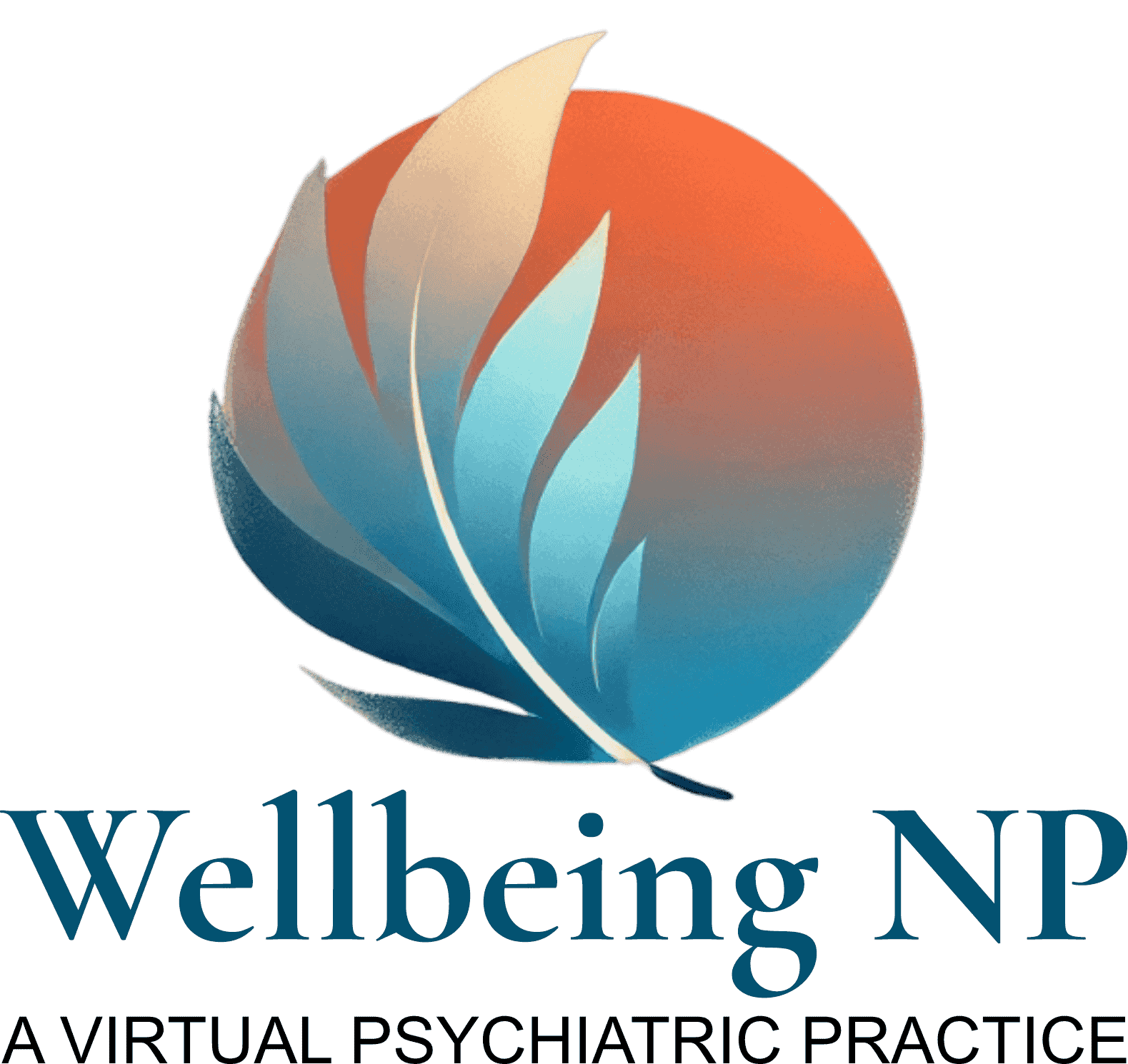
Let’s be real — everyone overthinks sometimes. Whether it’s replaying a conversation in your head or wondering if that typo in your email will tank your credibility, a little worry is normal. But when your brain won’t shut off, even at 2 a.m., it might be something more than a quirky personality trait.
You might be dealing with Generalized Anxiety Disorder (GAD) — a diagnosable, treatable condition that often hides behind words like “I’m just really self-aware” or “I can’t turn my brain off.”
If that sounds familiar, keep reading. Because this post is for the person who’s functioning on the outside but quietly unraveling on the inside — and wondering if it’s finally time to get help.
GAD vs. Normal Worrying: Where’s the Line?
Worry is human. But GAD takes it to another level.
Here’s how to tell the difference:
- Duration: GAD sticks around for 6+ months, even when there’s no immediate reason to worry.
- Intensity: The worry feels excessive and hard to control — like your mind is running the same bad loop on repeat.
- Physical symptoms: Muscle tension, stomach pain, headaches, fatigue, poor sleep — anxiety doesn’t just live in your mind.
- Functionality: Your relationships, job, or self-esteem start to suffer. You may find yourself avoiding people, opportunities, or decisions out of fear.
If your anxiety feels like a background operating system you can’t turn off, and it’s draining your energy and joy — that’s not just overthinking. That’s GAD.
When It Might Be Time for Medication
Here’s the good news: GAD is highly treatable. You don’t have to “tough it out” or “just manage” forever.
SSRIs and SNRIs — like Lexapro, Zoloft, or Effexor — are commonly prescribed medications that can significantly reduce symptoms by regulating serotonin or norepinephrine. They don’t dull your emotions or make you “someone else.” Instead, they help reduce the volume on the fear loop so you can live and think more clearly.
These meds typically:
- Take 2–6 weeks to build full effect
- Are safe for long-term use
- Can be adjusted based on how your body responds
- Are often covered by insurance or affordable via discount programs
Starting medication doesn’t mean you’re weak — it means you’re smart enough to treat your brain like any other part of your body.
Integrative Options That Work With (or Without) Meds
If you’re not ready to go straight to pharmaceuticals — or if you’re looking for a complementary plan — here’s what I often recommend alongside (or in place of) medication:
🌿 Ashwagandha – A powerful adaptogen shown in some studies to reduce cortisol and perceived stress. Best taken consistently over weeks.
🥗 Anti-inflammatory diet – Highly processed foods, sugar, caffeine, and alcohol can worsen inflammation and anxiety. A gut-friendly diet (think: leafy greens, healthy fats, omega-3s) supports brain health via the gut-brain axis.
🧘 Mindfulness + breathwork – Even 5 minutes a day of focused breathing or guided meditation can reduce the physiological symptoms of anxiety (like heart rate, cortisol, and tension).
💤 Sleep hygiene – Anxiety and insomnia are a toxic pair. A consistent bedtime, reduced screen time, magnesium supplementation, and calming nighttime rituals are often more effective than over-the-counter sleep aids.
🧠 Cognitive Behavioral Therapy (CBT) – Proven to be as effective as medication for many people, CBT rewires anxious thought patterns over time. Even digital CBT platforms are making this more accessible.
You Don’t Have to Hit Rock Bottom to Get Help
Let’s say this again: You do not need to be sobbing in a parking lot or having daily panic attacks to qualify for help.
If anxiety is stealing your time, your energy, or your ability to feel joy — that’s reason enough.
Modern psychiatry isn’t about overmedicating. It’s about supporting your brain in a way that works for your life — with or without meds.
You don’t have to choose between meds and mindfulness.
I offer integrative telepsychiatry for adults in Georgia who are ready to feel better — without judgment or pressure.
👉 Click here to get started








